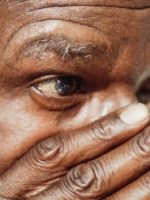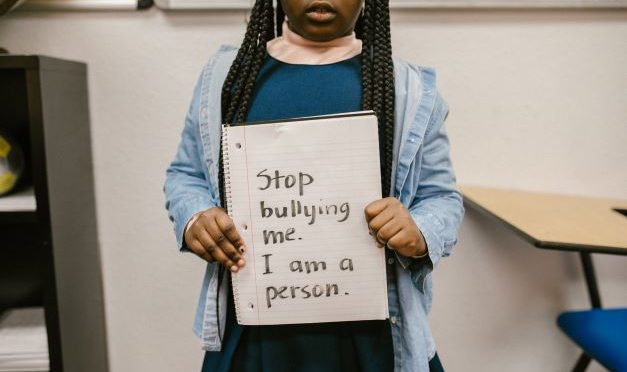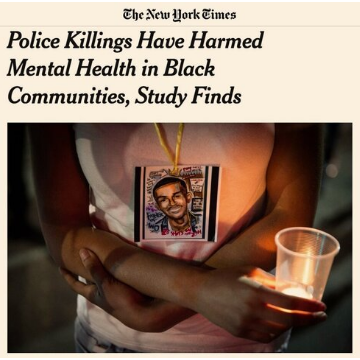Along with frequently described mood or antidepressant medications, what else can a person do to protect themselves from accumulating brain tissue loss and losing brain function?
For the folks suffering from disabling episodes of psychosis, mania and depression, the right psychiatric medications are a godsend. There are many people who attribute their ability to continue working and leading a normal life to their medications along with therapy. It is thought that for some people, these brain illnesses are associated with degeneration of brain cells. While every case may be different, often dysfunction in the brain occurs along with dysfunction in the body. After all, every part of our body is connected.
We are seeing increases in autoimmune disorders, food allergies, gut problems, arthritis, asthma, skin disorders, depression and sleep disorders. For some people, some of these problems may be due to the same culprit. There is much discussion now about the role of diet and gut dysfunction in the emergence of mood disorders.
So, would it make sense to identify and eliminate the culprit(s) and replace lost or missing nutrients that are known to be essential for brain health? How about looking at non-prescription supplements and foods that help the brain? In the December, 2016 issue of Current Psychiatry, Dr. Henry A. Nasrallah, writes about supplements that can help protect the brains of folks who are experiencing brain problems which show up as mood or cognitive disorders.
Some antidepressants, mood stabilizers and atypical antipsychotics may not only decrease troubling symptoms but may also have a protective effect on the brain.
There is an additional step that your doctor can take to help you protect your brain from the “destructive processes that accompany acute episodes of psychosis, mania and depression”.
Some of the supplements mentioned are:
Omega-3 fatty acids – Found in fish oil supplements have been shown in research studies to help reduce the effects of mood disorders and psychosis when used in addition to medications as well as a general supplement to protect brain health. Check out http://www.VitalChoice.org
Caffeine – Thought to be neuroprotective and to aid in preventing mood and memory dysfunction. Not necessarily good for anxious clients but helpful for those with psychosis or mood disorders.
Vitamin D3 – A deficiency of this essential vitamin (the status of most people living north of North Carolina and especially of people experiencing psychotic and mood disorders) has been associated with depression, Alzheimer’s, autism and schizophrenia. Supplementation with natural vitamin D (inexpensive over the counter) is said to protect the brain and the body against basic illnesses.
Nicotine (in the form of nicotine gum or nicotine patches) can help with cognitive processing (thinking), stress and cell health.
Melatonin – is an antioxidant, supportive to the immune system which reduces brain inflammation. Especially for diabetics or those with metabolic syndrome, melatonin is felt to be protective of brain tissue. Melatonin is considered an over the counter supplement that is helpful for sleep problems. For those taking Synthroid or the generic form, levothyroxine, melatonin use needs to be discussed with your pharmacist or physician.
N-acetylcysteine – is a powerful antioxidant for the brain, especially during a psychotic episode
Minocycline – An antibiotic that has been shown in studies to have protective effects on the brain as an additional treatment in schizophrenia
Lithium – usually used to treat mania in dosages of 900 to 1500 mg/d has been found to prevent progression of “amnestic mild cognitive impairment” to full dementia when taken in doses as low as 1 mg/d.
Erythropoietin (limited use due to some black-box warnings)
Cox-2 inhibitors: anti-inflammatory drug helpful in acute psychosis usually associated with neuro-inflammation.
Talk to your provider about adding these supplements to your psychiatric medication
Source: Current Psychiatry, Are you neuroprotecting your patients? 10 Adjunctive therapies, Henry A Nasrallah, MD, Vol. 15, No.12, December 2016











